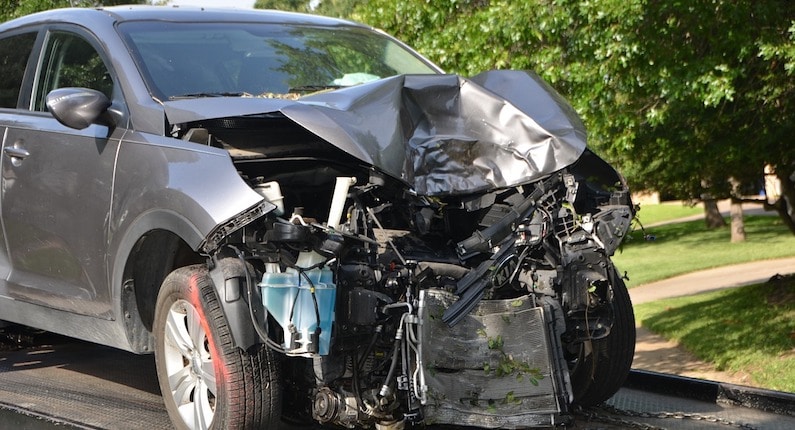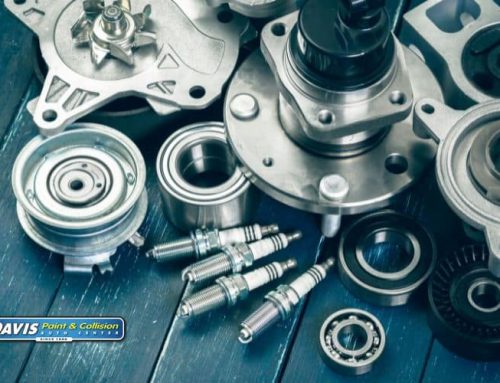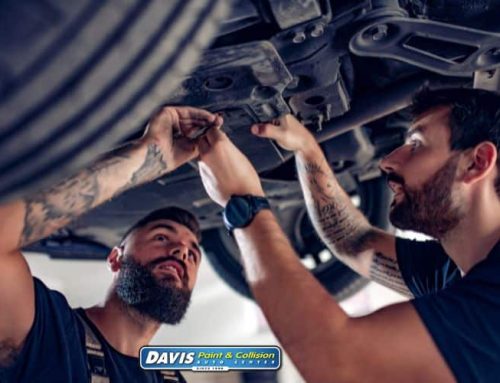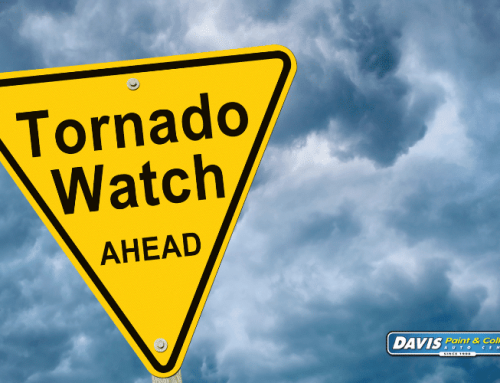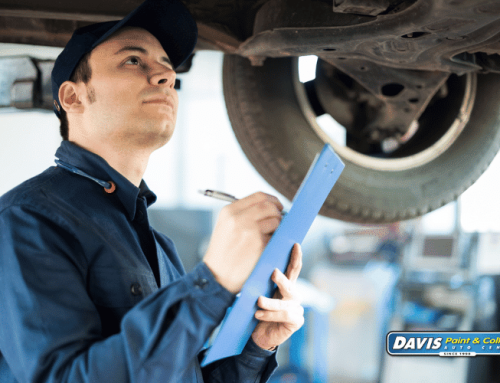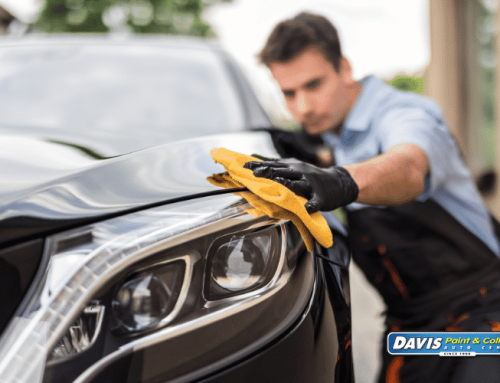Many people spend a lot of time shopping for a car but very little time shopping for car insurance. While most states require a minimum level of insurance coverage but that may not be enough. At a minimum, insurance coverage covers the other driver but you may need to get more insurance to cover you and your car. Collision coverage is what you need to cover you and your car in the event of a collision.
What is collision coverage?
Collision coverage is the type of insurance that covers you in the event that you get in a collision with another object, be it a tree, a telephone pole, curb, or another car. Collision coverage shouldn’t be confused by comprehensive coverage which covers non-collision events such as fire, floods or other natural disasters. If you get hit by a deer, you’ll be covered under comprehensive coverage as well.
Unlike liability insurance coverage, collision and comprehensive coverage are optional. However, having them may come in handy and save you a lot of out-of-pocket expenses when you’re at fault in an accident or your car is damaged due to a natural disaster. Depending on the value of the car, keeping either collision or comprehensive may not really add up as we’ll see here shortly.
When does it make sense to have a collision insurance?
Having given you all the important benefits of having collision and even comprehensive coverage, when would it not make sense to keep these benefits in your insurance policy? Up to this point, we’ve only looked at collision coverage by itself, sort of in a vacuum. We live in the real world, however, and in the real world, things are relative to every other thing. Here are a few reasons to consider when thinking of keeping collision coverage in your insurance policy.
Cost of collision coverage
The first item to consider is the cost of collision coverage which can vary wildly from one insurance company to another. Collision coverage, unlike liability coverage, tend to vary largely in part due to the fact that it is optional. Just like liability insurance, factors such as the make and model of car, car value, and age of the car impact the cost of coverage.
The cost of collision coverage takes into consideration your driving history and how many claims you’ve filed in the past. If you’re a careful driver with little claims your cost will be lower than one with a tainted record to aggressive driving, for example. It’s a good idea to shop around and compare quotes from insurance companies so you make sure that you get a great deal.
Your deductible
Another factor to consider when it comes to collision coverage is the amount of the deductible. We’ve written an article about understanding your insurance deductible but here’s a quick explanation: an insurance deductible is an initial amount you have to pay for repairs before insurance kicks in. If you have a $1,000 deductible, and you have a repair cost of $1500, then you’ll pay the first $1,000 before the insurance covers the remainder which is $500 in this case.
A higher deductible usually means a lower monthly payment but in the event of a collision, you’ll have to come up with the deductible amount. It may be worth paying an extra $10 or $20 a month to reduce your deductible by hundreds of dollars.
The value of the car
The value of your car is an important factor when it comes to repairs after a collision. Generally speaking, a newer car is much more expensive to repair than an older car so having collision coverage is a no-brainer. As the value of your car decreases, so does the cost of repairs but up to a point. You need to look at the value of the car against the cost of coverage and the premium you’ll need to come up with to see how it all adds up. We can go into numbers here but an accurate way to go is to have your insurance agent requote you for collision coverage at the current value of your car.
Conclusion
When it comes to collision insurance, it really comes down these 3 factors: the cost of collision coverage, the deductible you’re comfortable with and the value of your car. Take time to think about these factors and consult your insurance agent to get an accurate picture of the numbers to see if it makes sense to keep the coverage or not. At the end of the day collision coverage, like any other insurance product should give you peace of mind knowing that you’re prepared for any of life’s challenges.
At Davis Paint & Collision Auto Center, we help hundreds of Oklahomans get back on the road fast. Collision repairs are not all created equal. We use the latest technology to make accurate repairs on time and on budget. Come see us today or call one of our locations for a quote estimate. Our Oklahoma City location phone number is (405) 733-9797 and our Midwest City location phone number is (405) 732-0762.


